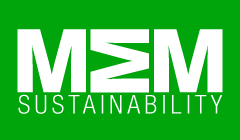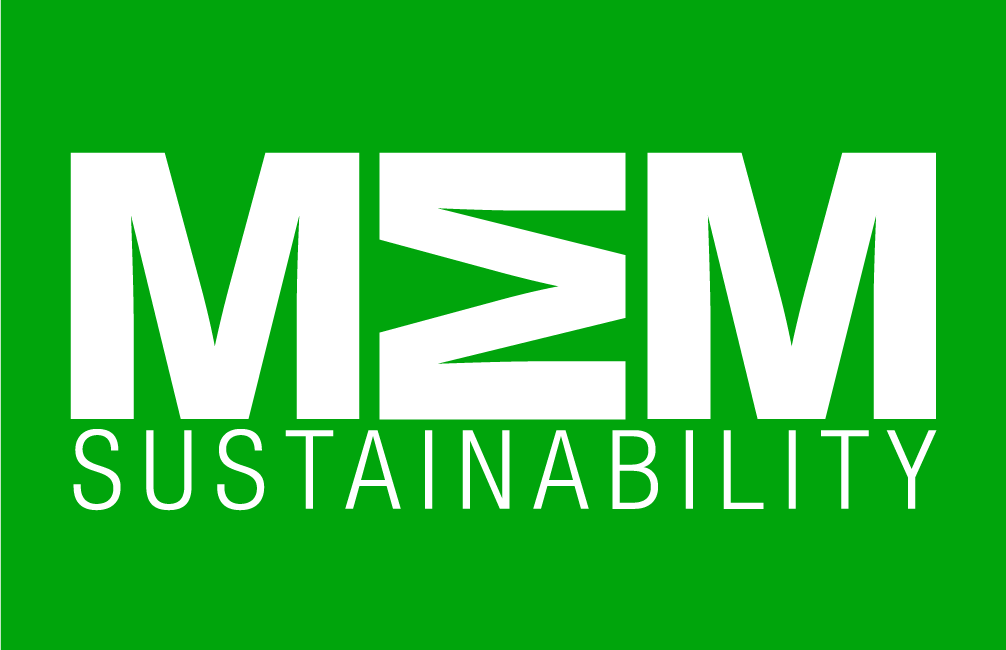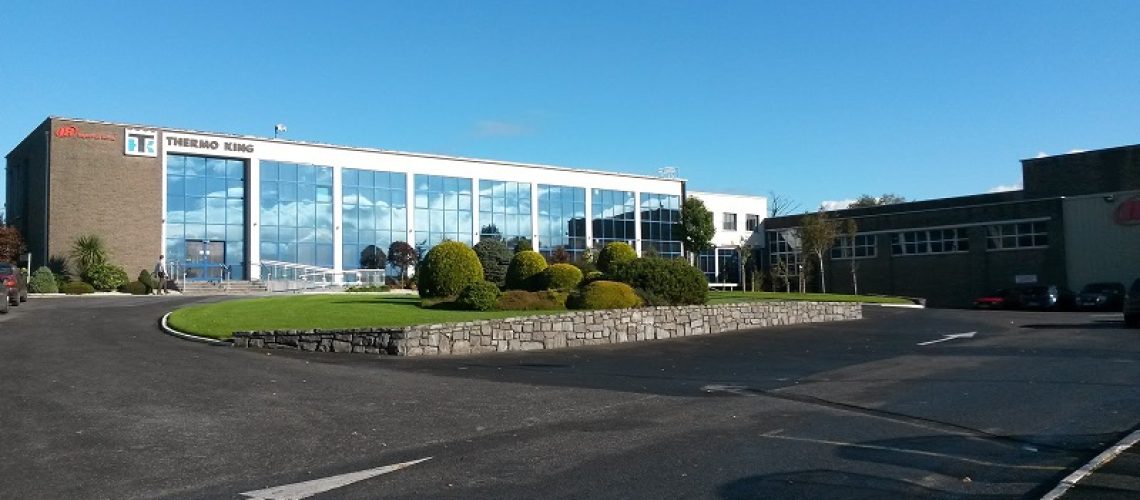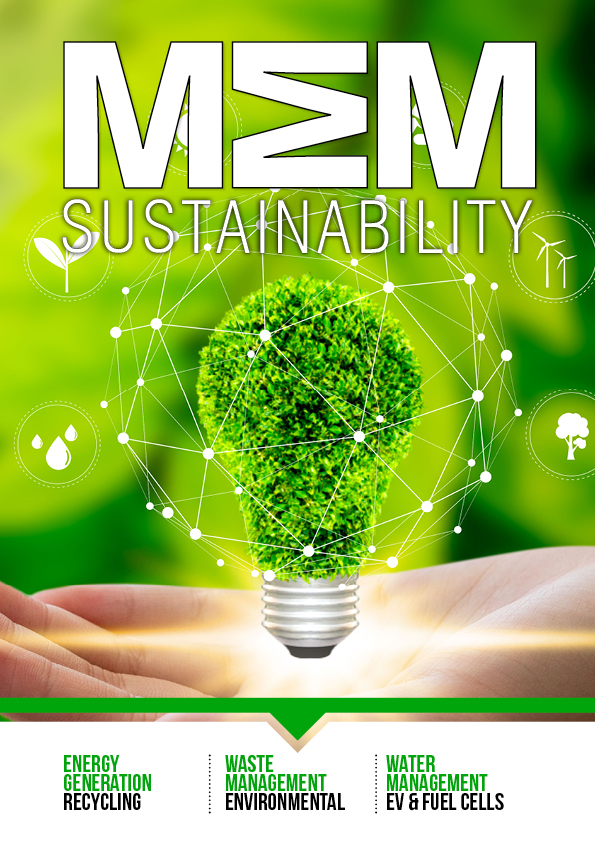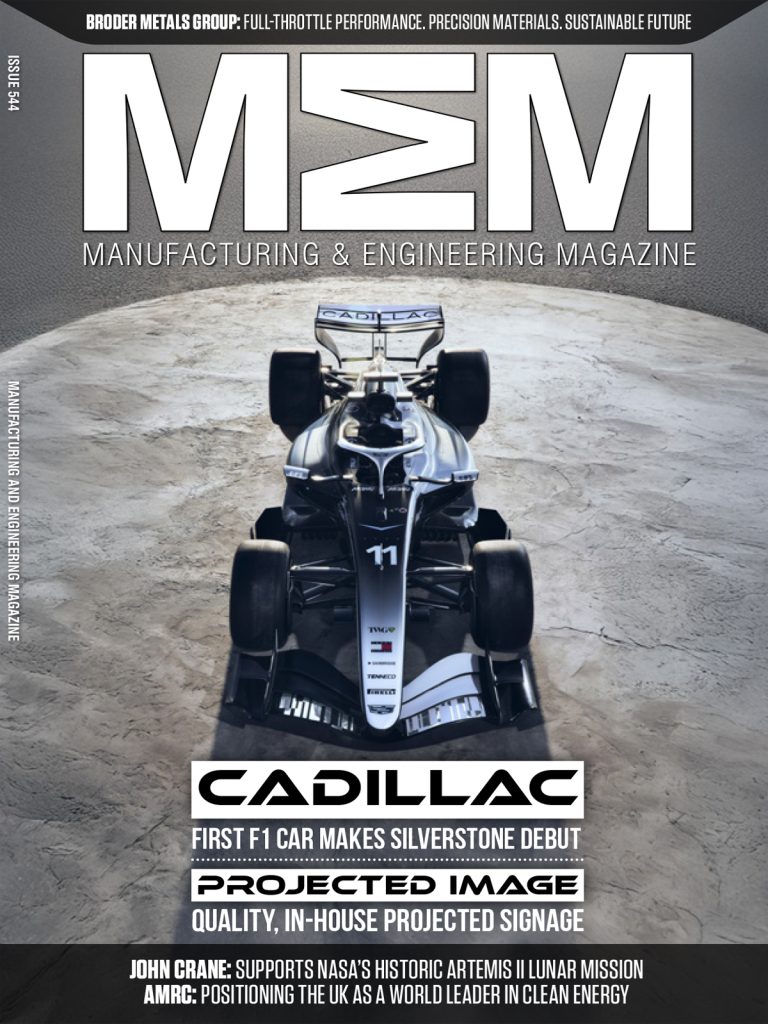The Galway manufacturing facility of Thermo King® has become one of the first Ingersoll Rand locations to achieve sending no waste to landfill. The Irish manufacturing site for Thermo King, the manufacturer of temperature controlled transport solutions. Thermo King delivers their solutions for a wide range of different mobile applications. The manufacturing company is a brand of Ingersoll Rand and has become one of the first of their companies to record sending no waste to landfill.
Thermo King has focused on improving their operations at their Galway factory. This boost in sustainable action has been put into place as an extension of the Ingersoll Rand Climate Commitment that was first made in September 2014. Part of this commitment was to reduce the amount of greenhouse gas emissions connected to the Ingersoll Rand operations by 35% by 2020.
Thermo Kingâs manufacturing facility in Galway is one of the most significant for the brand. At the facility, Thermo King employs over 500 people to build a variety of truck and trailer refrigeration units. Before reaching this momentous target, it was recorded that the supplier of temperature controlled transport solutions would send 230 tonnes of waste to landfill each year. Now, in order to remain sustainable, everything at the Galway manufacturing facility can be recycled. On top of this, the recycling waste that is generated at the production stations such as plastics, wood and cardboard are a part of the everyday operations at the facility.
The procedures that have been put into place at the Galway facility are a demonstration of the impact that can be made on a company’s sustainability, as well as their bottom line. When possible, the company even looks to avoid recycling costs through changes such as reusable steel pallets as opposed to wood ones. This way, the wooden pallets previously used are not sent to landfill and the cost to recycle them is also avoided.
